When you’re looking for ways to improve your health and well-being, maximize the amount of nutrients you eat in a single day by incorporating nutrient dense foods into your diet.
Here’s my top 10 most nutrient dense foods list:
Salmon
Fatty types of fish contain the greatest amount of Omega-3 fatty acids – which are extremely important for the optimal function of your body. They’re linked to improved well-being and a lower risk of many serious diseases. (1)
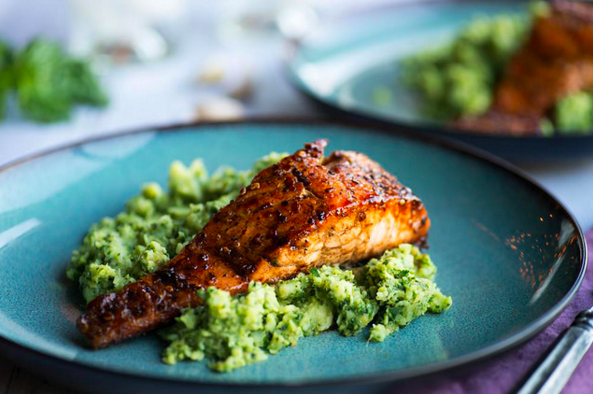
But when it comes to nutrient dense fish, it’s salmon that also contains a massive amount of other vitamins and minerals, including large amounts of Magnesium, Potassium, Selenium and all the B-vitamins. (2)
Other nutrient dense seafood:
- Sardines – oily fish that contain a little bit of almost every nutrient we need.
- Mussels have the most impressive nutritional profile of all shellfish. They contain high levels of highly desirable long chain fatty acids EPA (eicosapentaenoic acid) and DHA (docosahexaenoic acid). These fats have many beneficial effects, including improving brain function and reducing inflammatory conditions, such as arthritis. Mussels are also a brilliant source of vitamins. Plus they give you a shot of important minerals, such as zinc, which helps build immunity. Mussels even contain levels of iron and folic acid to rival red meats.
- Other shell fish – clams are among the best sources of vitamin B12 in existence.
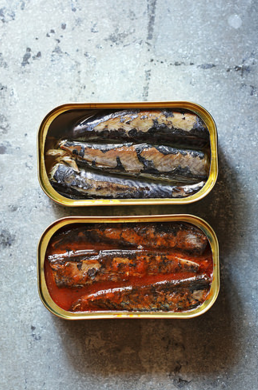
Kale
Leafy green kale is one of the most nutrient dense vegetables you can eat, with large amounts of vitamins, minerals and cancer-fighting compounds. Like spinach, kale is very nutritious, but kale is lower in oxalates, which are substances that can bind minerals like calcium in the intestine, preventing them from being absorbed.
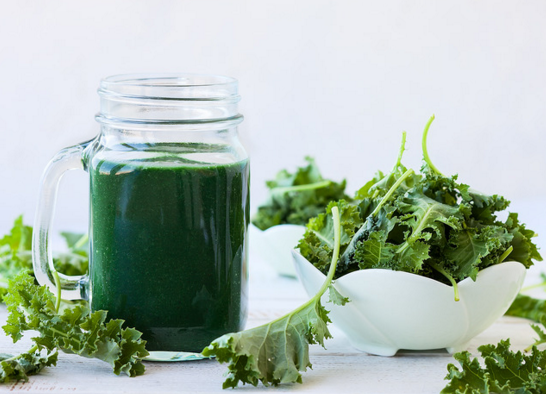
Kale (and other greens) are also loaded with various bioactive compounds, including Isothiocyanates and Indole-3-Carbinol, which have been shown to fight cancer in test tubes and animal studies. (3)
Other nutrient dense vegetables:
- Cruciferous vegetables – Broccoli, Brussels sprouts, Cabbage, Cauliflower.
- Dark leafy greens – Watercress, Spinach, Parsley, Lettuce.
Garlic
Not only is garlic a tasty ingredient for recipes – it is highly nutritious and the bioactive compounds in it have known disease fighting properties, plus has various cancer-fighting properties. It is high in vitamins C, B1 and B6, Calcium, Potassium, Copper, Manganese and Selenium. (4)
An active ingredient in Garlic called Allicin is another incredibly important nutrient that been shown to lower blood pressure and total and LDL cholesterol, while raising HDL – which should lead to a reduced risk of heart disease down the line. (5)
Another nutrient dense ingredient:
Onions – like garlic, onions are members of the Allium family, and both are rich in sulfur-containing compounds that are responsible for their health-promoting effects.
Potatoes
There is a special vegetable that contains a little bit of almost every nutrient we need – it’s the humble potato. The versatile potato is very nutrient dense and contains Potassium, Magnesium, Iron, Copper and Manganese, plus vitamin C and B vitamins. (6)
By cooking potatoes and then allowing them to cool afterwards, they will form large amounts of “resistant starch”, a fibre-like substance that has powerful health benefits.
Another nutrient dense potato:
Sweet Potatoes – are also very good for you as they are an excellent source of vitamin A (in the form of beta-carotene). They contain vitamin C, manganese, copper, pantothenic acid and vitamin B6. Plus, they are a good source of potassium, dietary fibre, niacin, vitamin B1, vitamin B2 and phosphorus. (7)
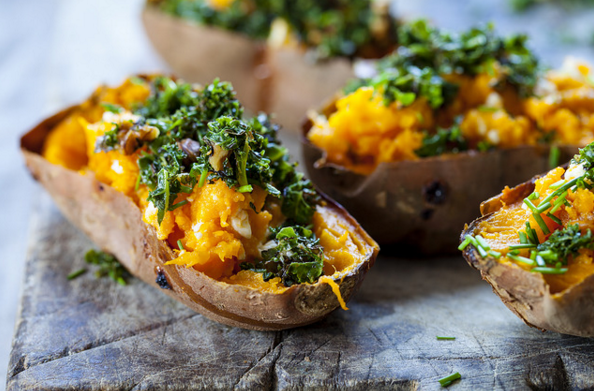
Liver
For millions of years humans have been eating animals, but not always just the muscle meat – the organs were valued more. The liver is the most nutrient dense organ, because its main functions relate to metabolism, and stores important nutrients for the rest of the body. For meat eaters, eating liver once per week is a good way to ensure getting optimal amounts of these very important nutrients.
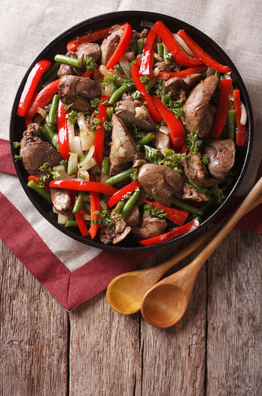
A 100 gram portion of beef liver contains:
- 1176% of the RDA for Vitamin B12
- Over 50% of the RDA for Vitamins B6, B5, Niacin and Folate
- 201% of the RDA for Vitamin B2
- 634% of the RDA for Vitamin A
- 714% of the RDA for Copper
- Over 30% of the RDA for Iron, Phosphorus, Zinc and Selenium
- 29 grams of high quality animal protein. (8)
Blueberries
One of the most popular fruits around the world is also one of the healthiest – blueberries are full of powerful antioxidants. Antioxidants are essential to optimising your health by helping to combat the free radicals that can damage cellular structures as well as DNA. Eating raw blueberries provide you with the best flavour and the greatest nutritional benefits. (9)
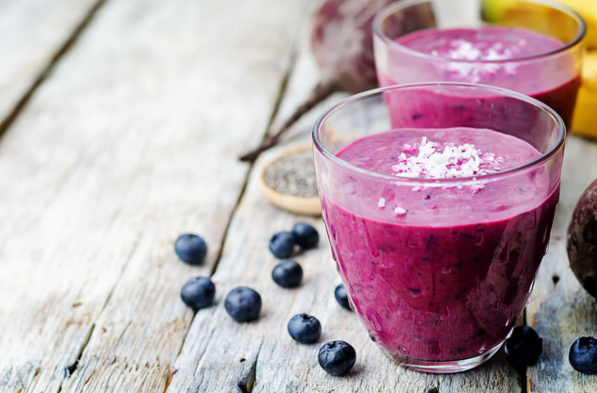
Several studies have examined the health effects of blueberries in humans and have found that, blueberries included in a diet improved memory in older adults; lowered blood pressure and reduced markers of oxidized LDL cholesterol for obese men and women with metabolic syndrome; and multiple studies in test tubes and experimental animals suggest that blueberries can help fight cancer. (10)
Another nutrient dense fruit:
Strawberries – also rank high in antioxidant content and contribute to raising your glutathione levels.
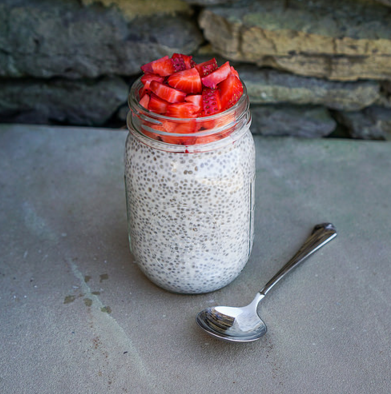
Egg yolks
Often referred to as “nature’s multivitamin”, the egg yolk is loaded with vitamins, minerals and various powerful nutrients.
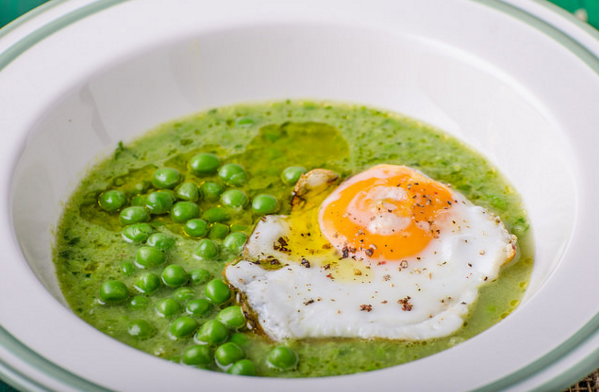
They’re high in Lutein and Zeaxanthine, antioxidants that can protect the eyes and reduce your risk of eye diseases like cataracts and macular degeneration.
Mistakenly seen as bad for cholesterol, egg yolks have often been discarded in healthy diets, however studies show that dietary cholesterol doesn’t raise cholesterol in the blood.
Dark Chocolate
It may surprise you, but dark chocolate (with a high cocoa content) is actually good for you. Eating a small square of quality dark chocolate every day may be one of the best ways to “supplement” your diet with additional antioxidants.
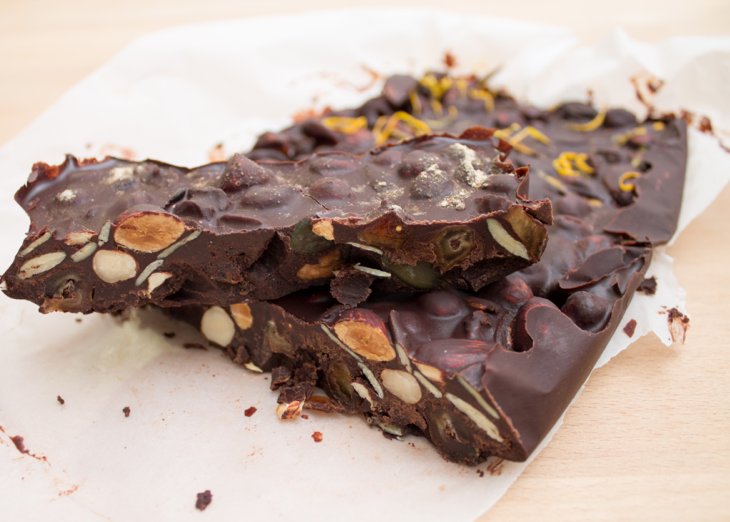
Not only does quality dark chocolate contain fibre, iron, magnesium, copper and manganese, it also contains antioxidants.
There are multiple studies in humans showing that dark chocolate has powerful health benefits… including improved blood flow, a lower blood pressure, reduced oxidized LDL and improved brain function. (11)
Bone broth
One of the simplest, yet most nutrient-rich foods you can incorporate into your diet in traditional bone broth. Bone broth is a mineral-rich infusion made by boiling bones of healthy animals along with vegetables, herbs and spices. It can be made from the bones of beef, bison, lamb, poultry, or fish, and vegetables such as carrots, onion, celery, and garlic.

It helps heal and seal the gut, strengthens the bones, reduces joint pain and inflammation, and promotes healthy hair and nail growth. It is also healing to the adrenal glands and thyroid.
Bone broth can be easily made at home using a traditional recipe.
Fermented foods
Fermented foods are probiotic-rich foods full of beneficial organisms that help your gut with beneficial bacteria and yeasts. These good bacteria, particularly those in our gut, aid digestion and boost immunity.
Traditional fermented foods should be a regular part of your diet (a small portion on a very regular basis) to help boost the levels of beneficial bacteria in your bowels. Fermented foods include:
- Probiotic yogurt
- Cottage cheese
- Fermented vegetables such as sauerkraut
- Kefir
- Whey
- Fermented tofu
For recipes including all of these nutrient-dense foods why not sign up for our 30 Day Paleo Diet Plan? You’ll get 30 days of delicious meal plans and recipes with all shopping lists provided, as well as daily email support throughout the duration of the plan. Sign up here.
Please comment
Have you incorporated any of these foods into your daily diet? What other nutrient dense foods do you recommend? Please leave your comment below.
References
- http://onlinelibrary.wiley.com/doi/10.1111/j.1365-277X.2004.00552.x/full
- http://nutritiondata.self.com/facts/finfish-and-shellfish-products/4231/2
- http://www.ncbi.nlm.nih.gov/pubmed/18504070
- http://nutritiondata.self.com/facts/vegetables-and-vegetable-products/2446/2
- https://authoritynutrition.com/11-most-nutrient-dense-foods-on-the-planet/
- http://nutritiondata.self.com/facts/vegetables-and-vegetable-products/2770/2
- http://www.whfoods.com/genpage.php?tname=foodspice&dbid=64
- http://nutritiondata.self.com/facts/beef-products/3469/2
- http://www.whfoods.com/genpage.php?tname=foodspice&dbid=8
- https://authoritynutrition.com/11-most-nutrient-dense-foods-on-the-planet/
- https://authoritynutrition.com/11-most-nutrient-dense-foods-on-the-planet/
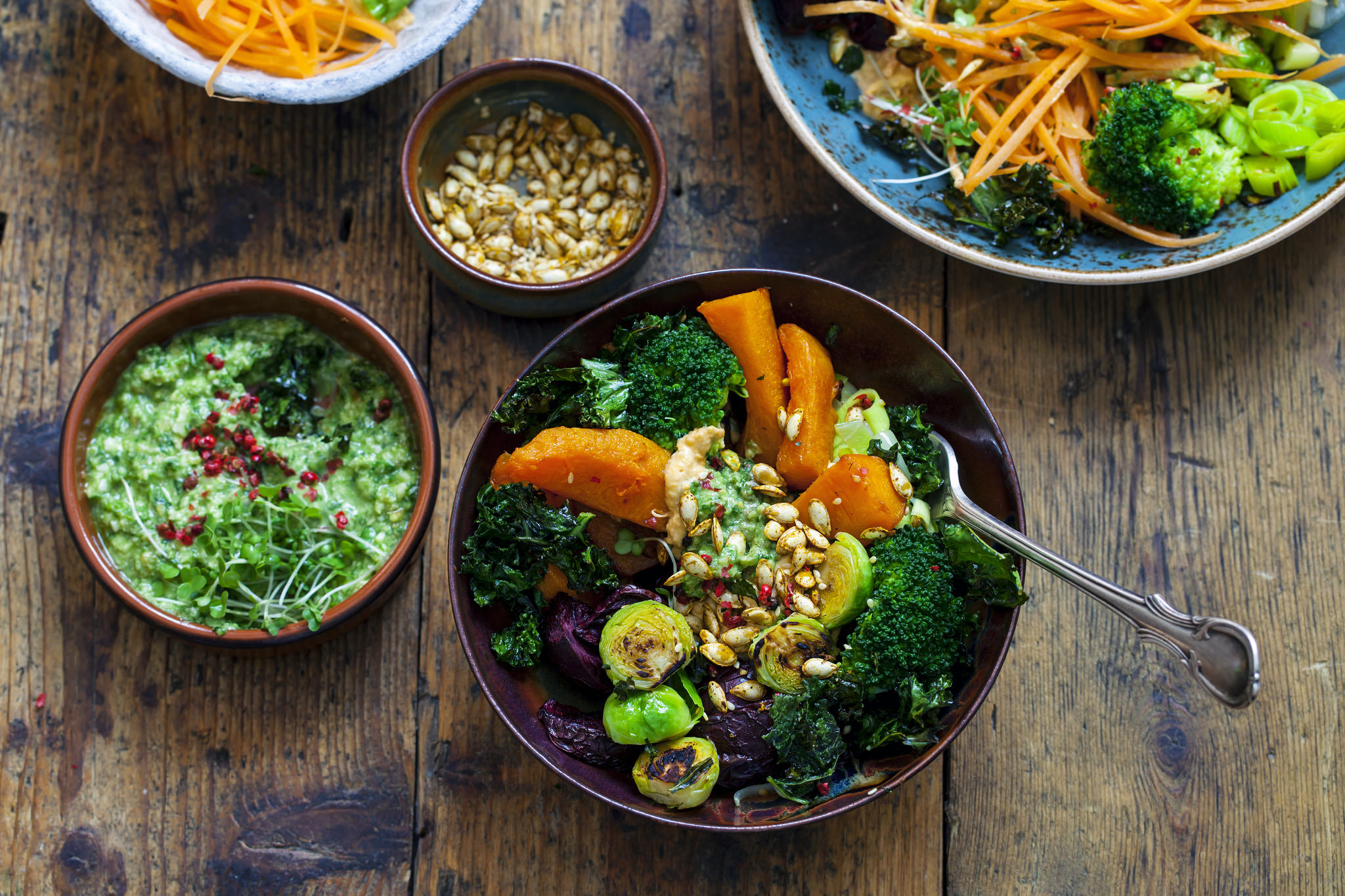

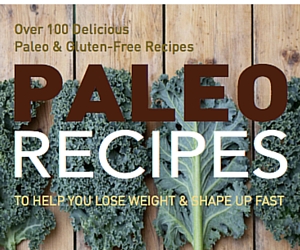
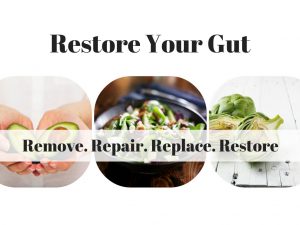

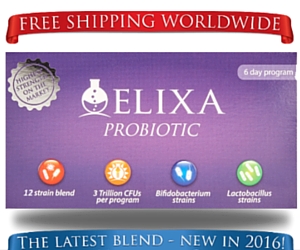
You must be logged in to post a comment.